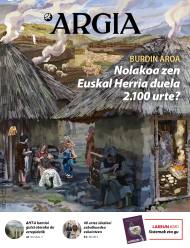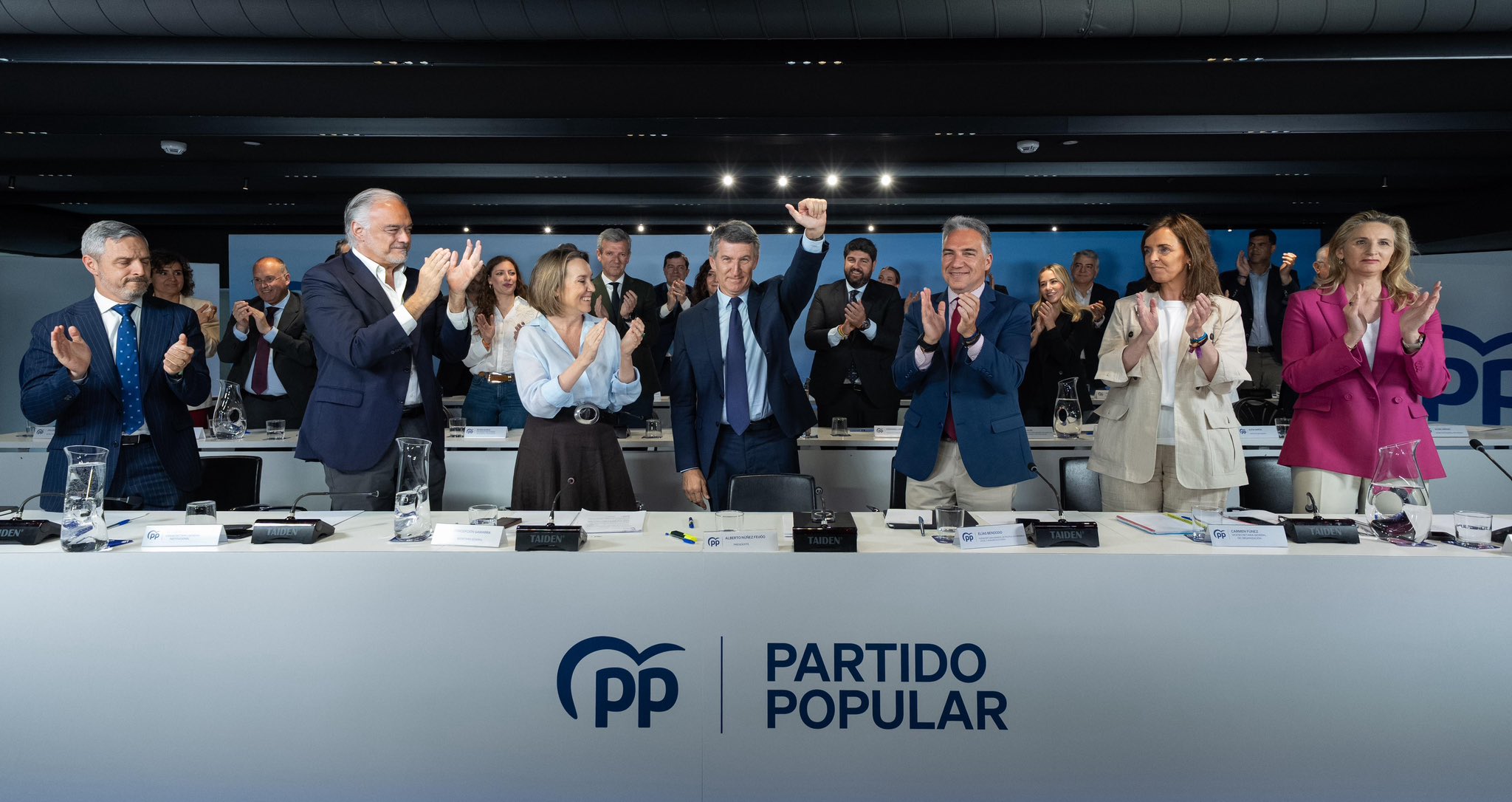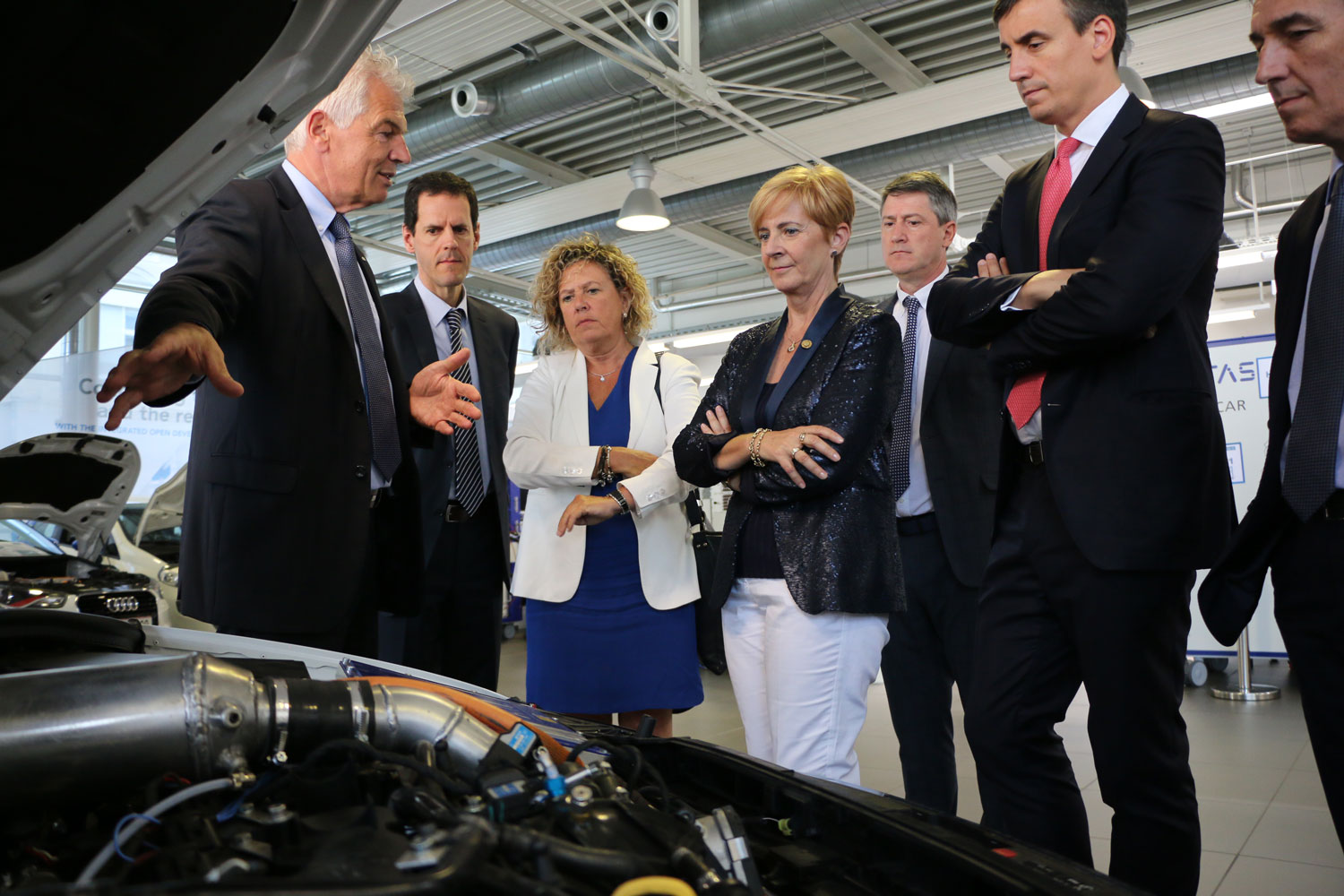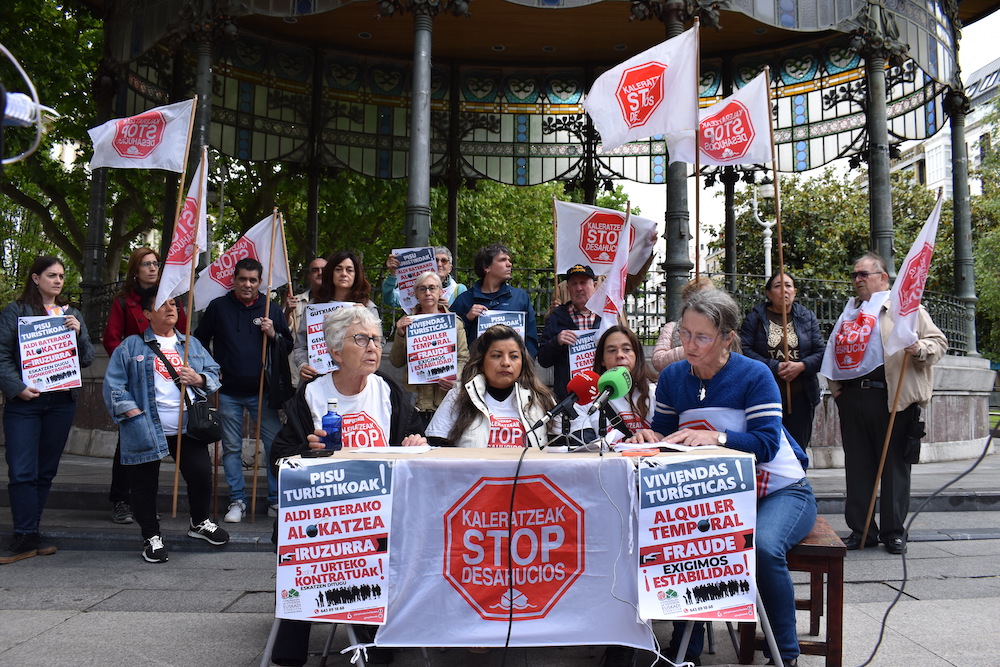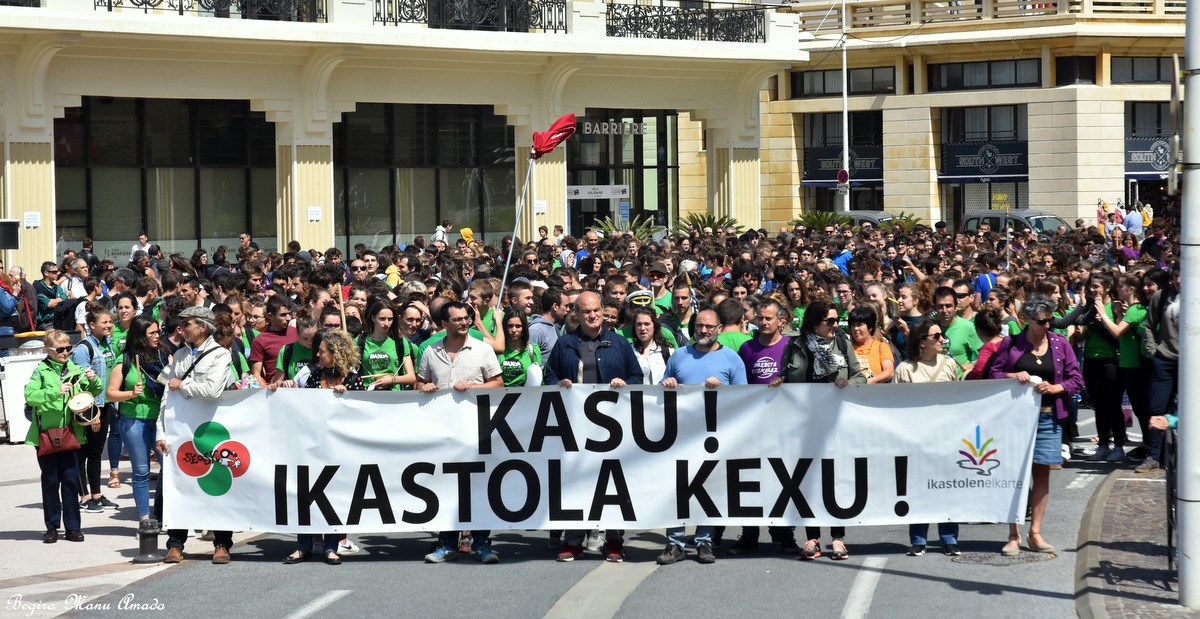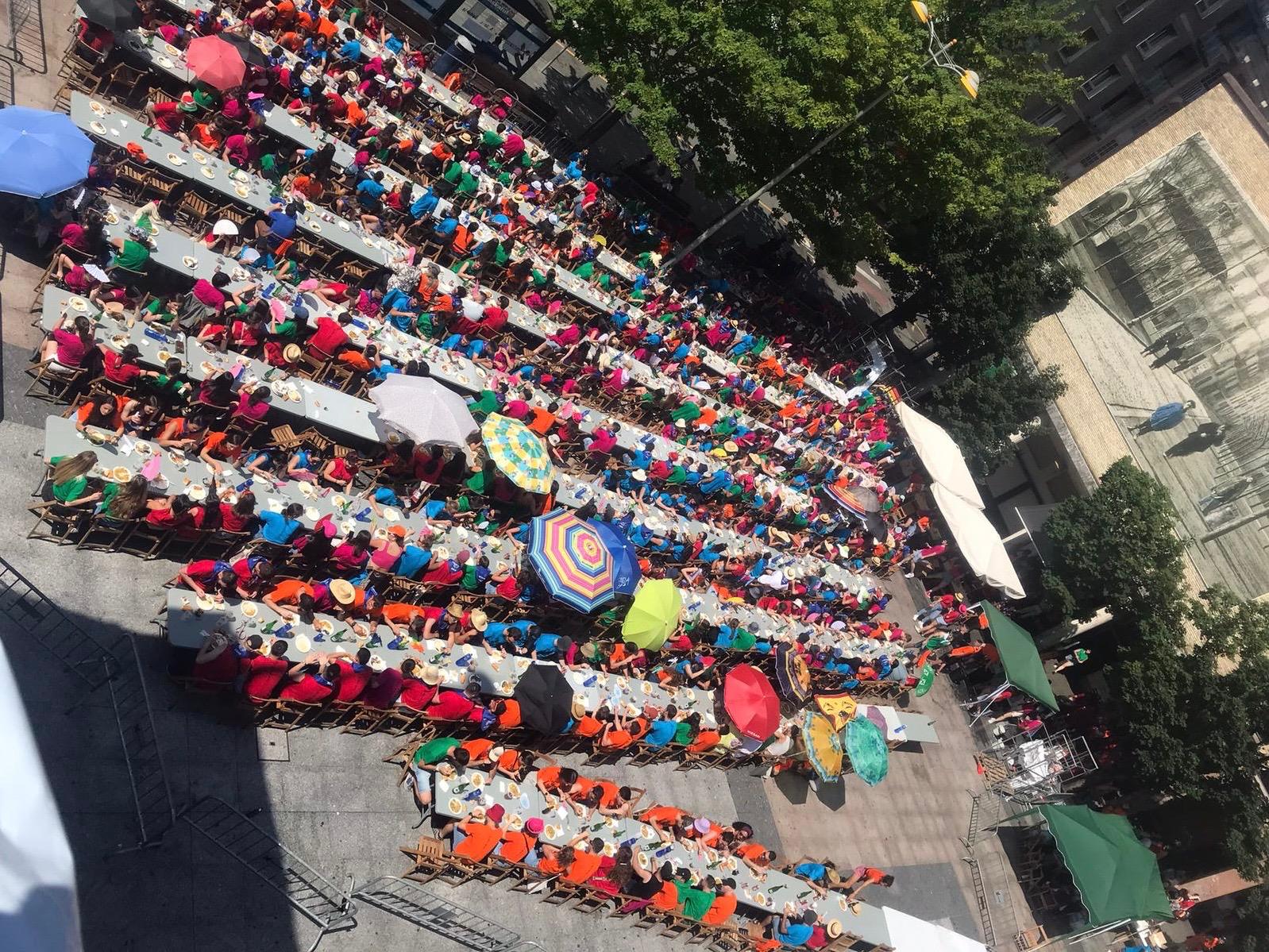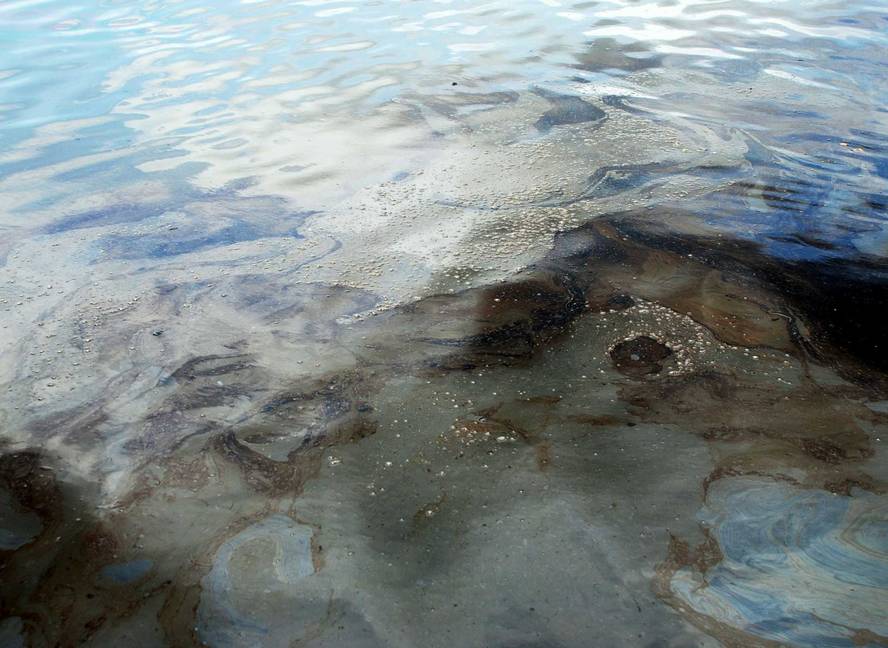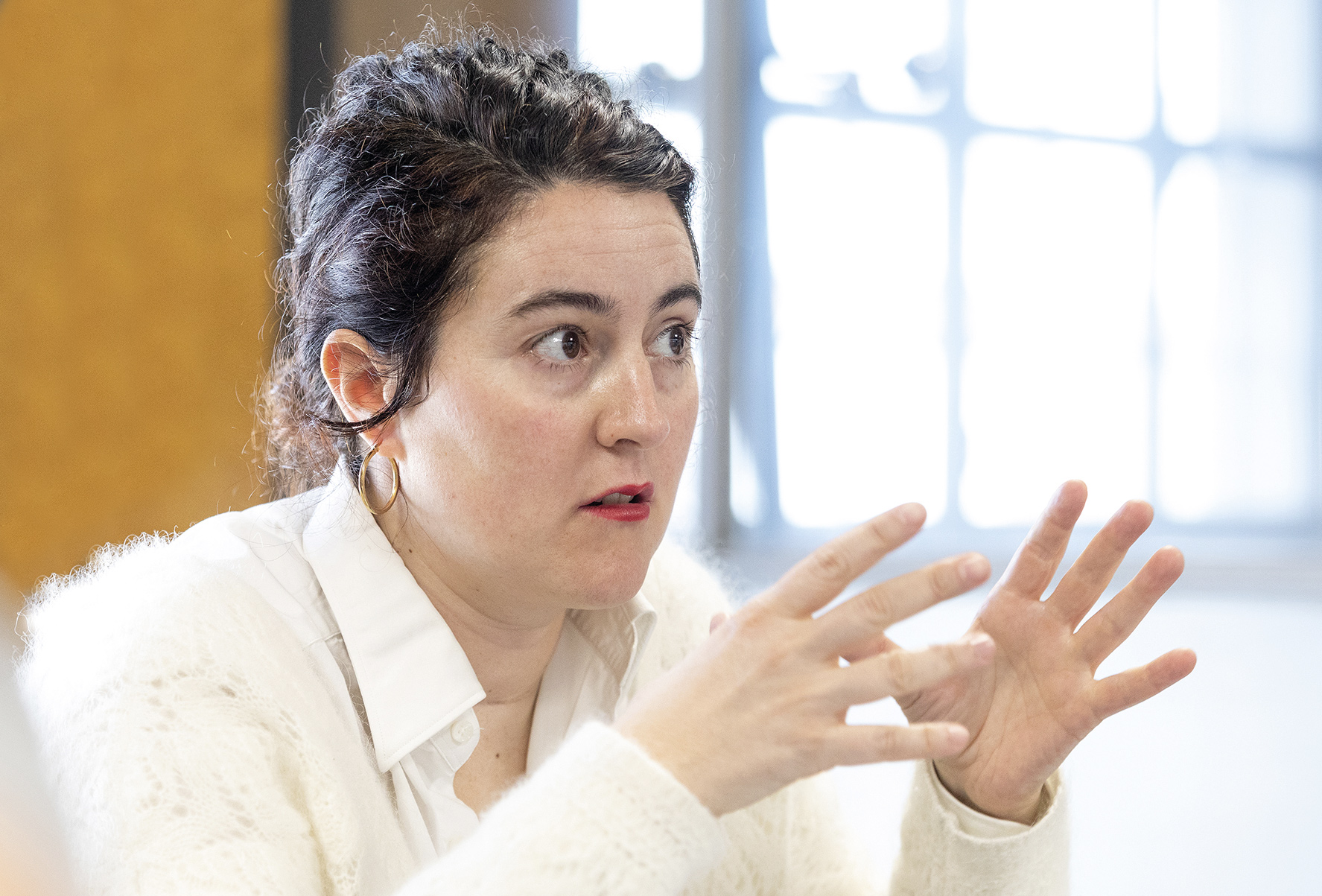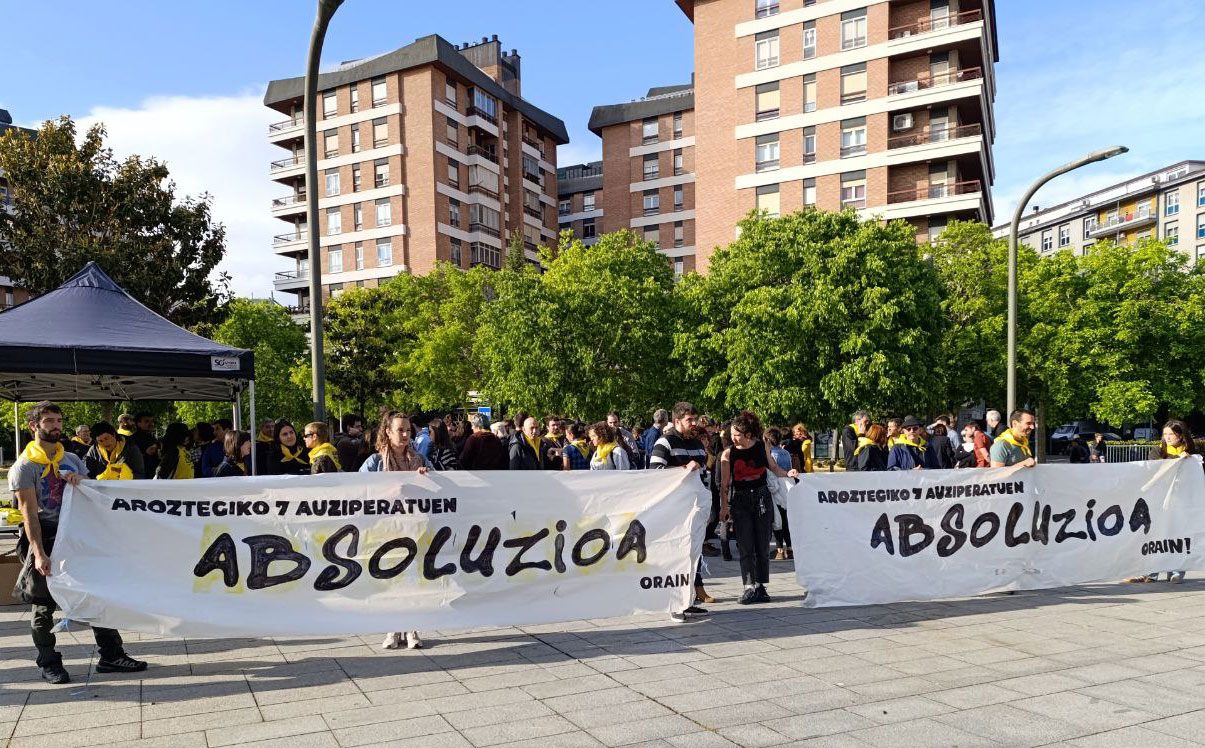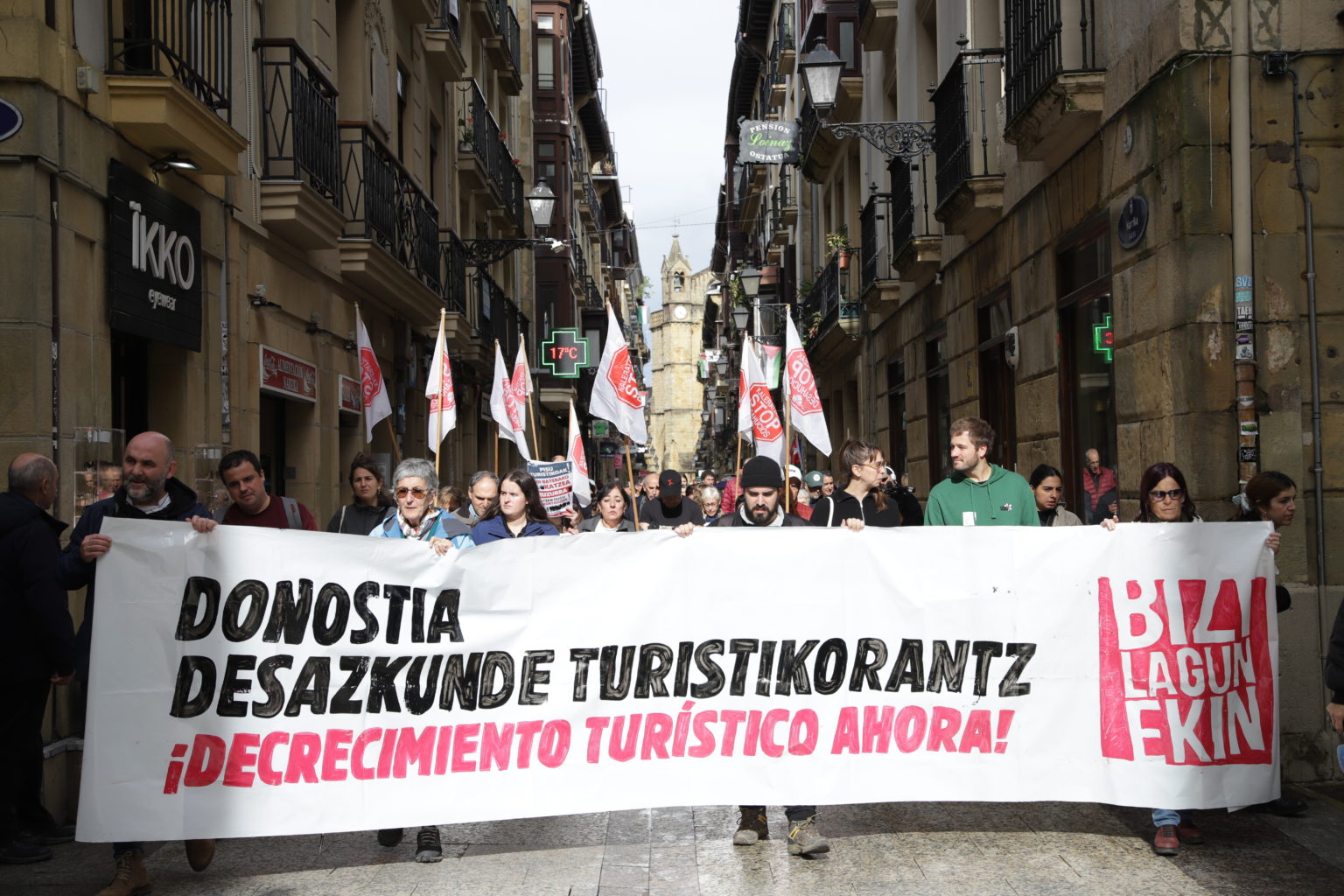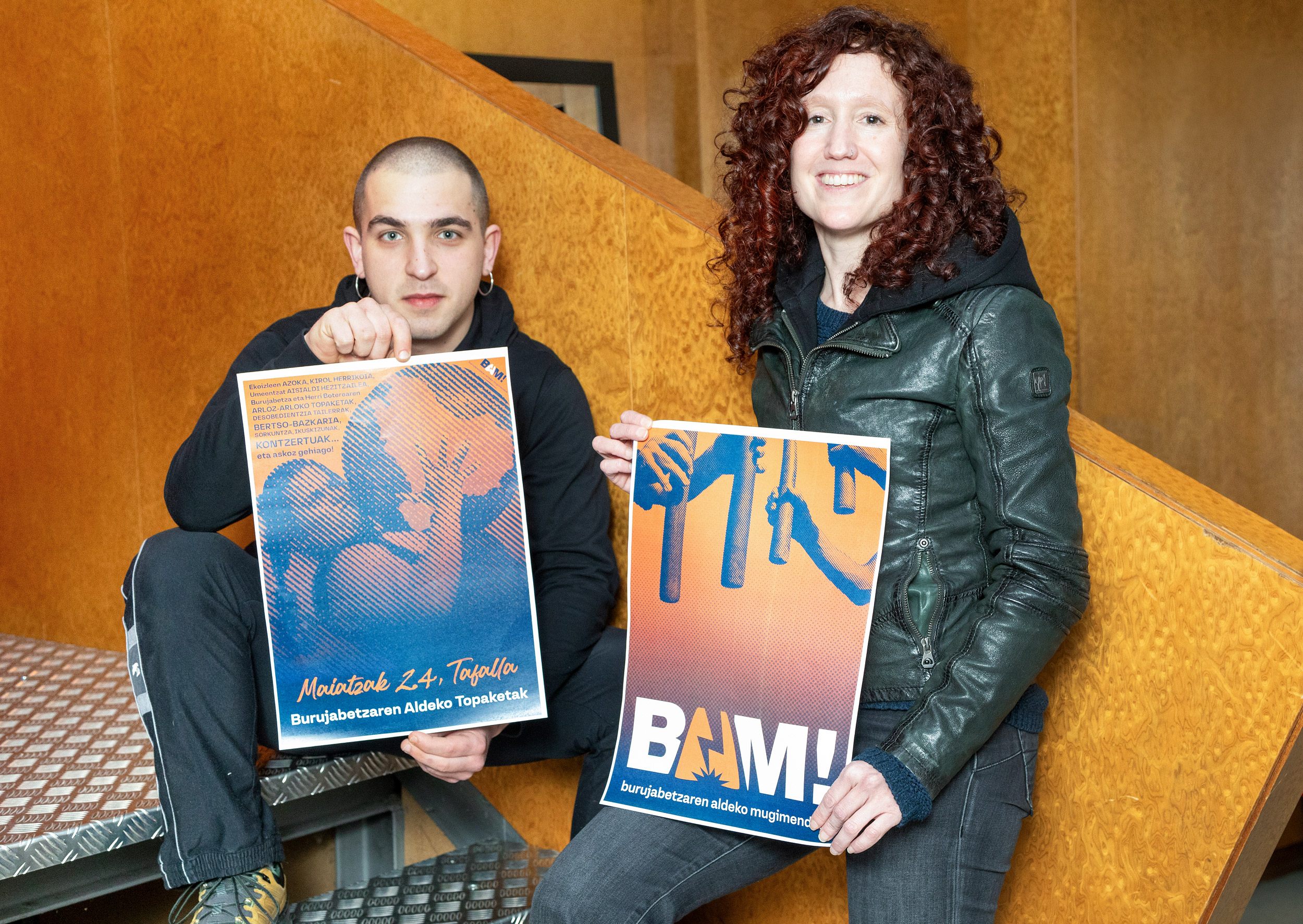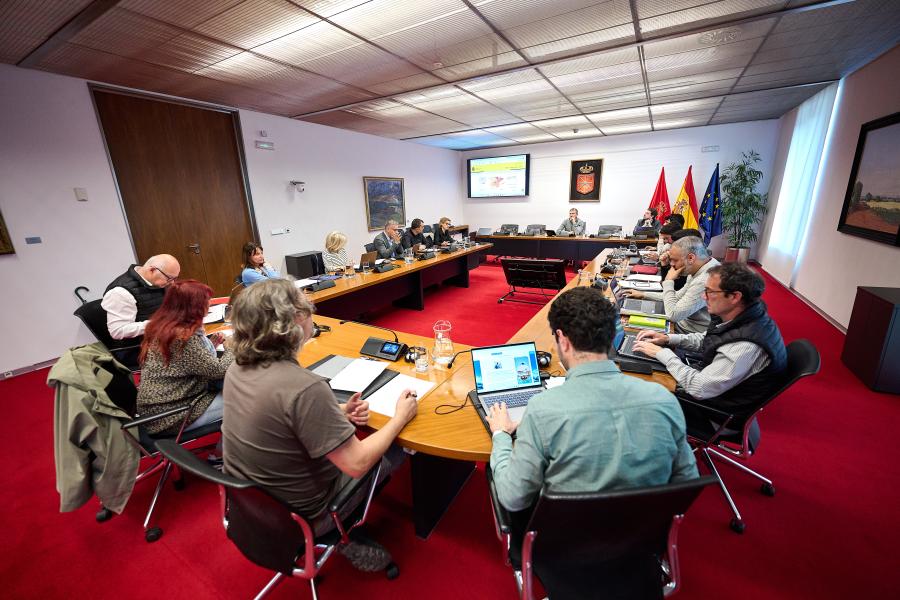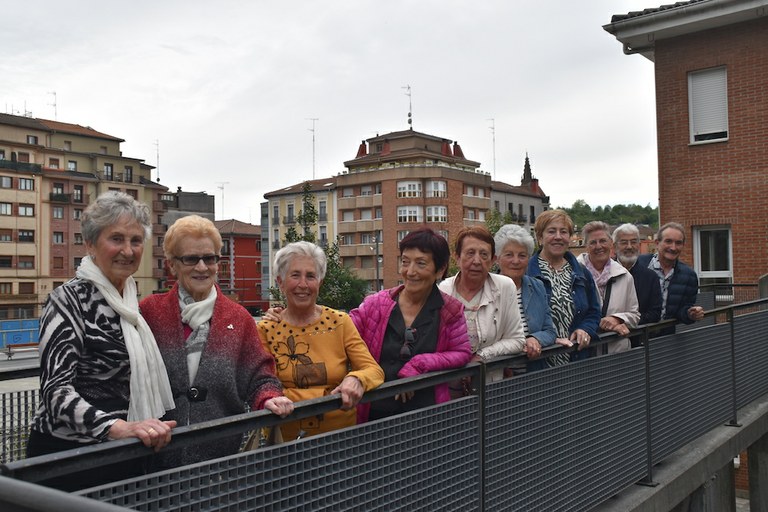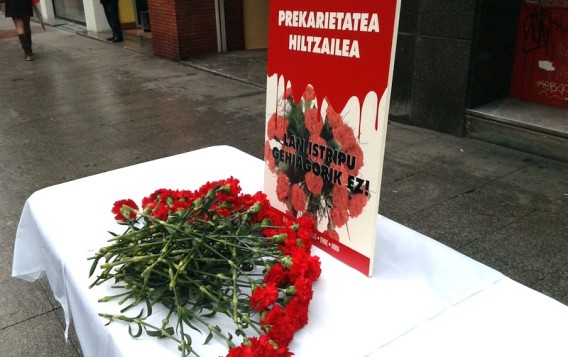“It would be worth considering whether it is worth moving forward with the ‘Basque Y’”
- He is a professor at the UPV/EHU School of Engineering in Bilbao and co-author of the report on the goods to be carried by the Basque Y just published by the Ekopol group. He has researched in recent years the field of renewable energy, transport and waste
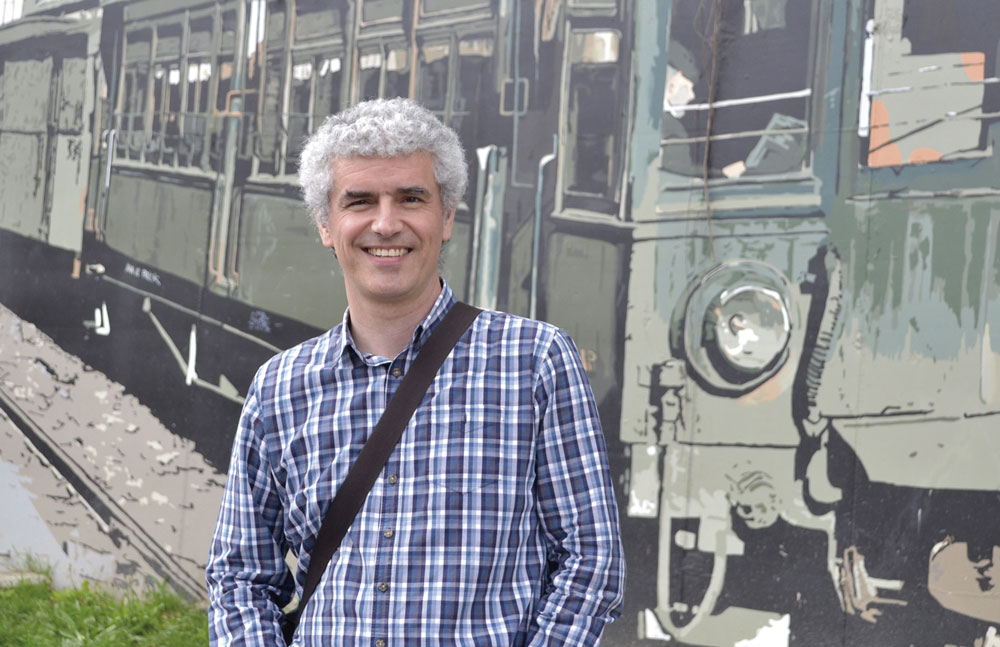
The first freight transport forecasts are made by 2030, but seeing the slowness of the project, the Basque Y has already been built. Airef said in 2020 that 58% of the investment remained outstanding. I do not have glass balls, but I think there is not enough time to open the stops and, therefore, if
something goes through the Basque Y in 2030, they will be goods.
The Basque Y is a high-performance train, but in Spain and Franzia the TAV
tracks do not have this type of performance. Is it an island here? No, when the connection with France is made and the connection with Vitoria will not be an island, but it will not entail huge losses on the usual freight corridor. In short, instead of passing the goods through Irun to international expansion, they will pass through Jundiz [Araba], winning 200 kilometers. It should also be noted that the Port of Bilbao has built its dry port of freight traffic in Arasur, near Miranda de Ebro, and that the connection with it is made from the traditional railway. Moreover, trafficking in human beings will also come to the Basque Y, but the figures will not be so high. This is also the case if all high-speed connections in the area are completed.
At present, how fast do goods transport on the conventional track? I do not believe that speed is the biggest problem with the current rail networks, there
are other problems. For example, the connection from Bilbao to the plateau is bad, there is only one rail for all trains. Moreover, trains cannot be very long. And then there's the width problem.
"The fundamental problem is that the traditional rail network is obsolete and forty years ago the Basque Y was chosen as a way of upgrading the train. And so we're kidnapped back then."
Can you then interpret the infrastructure as having no choice anymore? Perhaps that vision has been consolidated in public opinion and there is no longer a mobilization against the Basque Y. I do not follow the movement against the TAV closely, but occasionally I get news of the movements against the Basque Y. This movement may have lost strength, but I see approaches and management of the non-northern administrations. A few weeks ago, for example, the Minister of Transport of the Government said in the press that there was no data
on the goods that the Basque Y will bring, but last week we ourselves published a study with the data provided by the Department of Transport. It seems that the Department of Transport has now known that in Spain the TAV does not transport goods, but this is an ancestral and clearly explained issue in the official documents.
The connection of the Port of Bilbao with the Y Vasca is key to the implementation of the Southern Ferrobian Variant of Bilbao, which connects with the Monte Serantes tunnel, already built 20 years ago, but this project is practically paralyzed or very slow. With the data on existing goods, the official profitability study conducted in 2015 could fail.
Does it mean that between those official reports made in 2015 and the data given in 2019 on the Jundiz freight station there is a great contradiction? Yes. According to the study of the Spanish Government of 2015,
13 million tonnes (Mt) will be spent annually on the Milan-Gasteiz-Astigarraga-Irún tranche in 2030, and in the official studies of 2019 the potential goods data of the Jundiz terminal in 2030 are much lower, 1.58 Mt. How is that possible?
"Although economically profitable, from the point of view of the fight for climate change, this infrastructure will not bring significant benefits"
A Twitter architect [Peio Royo Zabala] accuses you that with data from the past you cannot know what will happen in the future. This criticism should be made of those who did the socio-economic study of 2015. The data is always from the past and with them forecasts are made. We have used the data from the administration to carry out the 2030 transport calculations, but also their calculations are based on the growth of the economy, which is quite uncertain with the existing geopolitical panorama, the war, the energy crisis...
You
are also working on a new environmental study. The first environmental report we did in 2016, with 2015 data, and it was published in 2017. Subsequently, with the improvements introduced in the methodology by Andoni Kortazar, we analyzed the entire Spanish high-speed network and published it in a magazine [The Conversation]. And now, using this same methodology, we're doing an updated environmental study. The data we have now handled in the Ekopole article belong to this study. Of course, we would like, after this study, to perform an updated socioeconomic profitability analysis, but the university's ability to address such an ambitious study is very limited.
As a researcher, what advice would you give to Spanish and Basque institutions? I do not know, it is very complicated, but I believe that, in the light of the current data, we should consider whether it is worth moving forward. Furthermore, this infrastructure will not bring tangible benefits, even if it is economically profitable, from the point of view of the
fight for climate change, given the need to decarbonise society over the next 30-40 years. In other words, the profits are so small that it would be much better to invest the amount of money that this infrastructure is worth differently.
The interview is part of the report 'Y vasca', which does not help to bring the truck from the road to the train
PPk Senatuan proposatu du, gainera, euskal preso politikoek damua erakutsi behar izateko xantaia areagotzea.
Maiatzaren 22an EAEko Legebiltzarrak mila milioi euro zorpetzeko lege proiektua onartu du “zientzian, teknologian, enpresan eta industria sektorean eragiteko”. Naiz hedabideak jakitera eman duenez, Eusko Jaurlaritzak KPMG Asesores SL enpresari eskatu dio plana... [+]
Donostiako Parte Zaharreko maizter batek 11 hilabeterako alokairu kontratua bost urterako legezko kontratu bihurtzea lortu du.
Washingtonen Israelek duen enbaxadako bi langile tiroz hilda agertu eta gero egin ditu adierazpenak Netanyahuk. Israelgo Gobernuak zuzenean lotu ditu Washingtongo erasoak eta Europako zenbait gobernuburuk Gazako sarraskiaren aurka egindako adierazpenak.
Mireia Centeno Gutierrez psikopedagogoak haurren elikaduraren inguruko zenbait gako eman ditu; hala nola jatera behartzeak eta jakiak debekatzeak dituen ondorioak aipatu ditu.
The defendants testified on Thursday, and their statements could be summarized as follows: The citizens who gathered in the square of legumes or in the camping area decided collectively what to do, in general, to go to the field of the works and put them passively in... [+]









